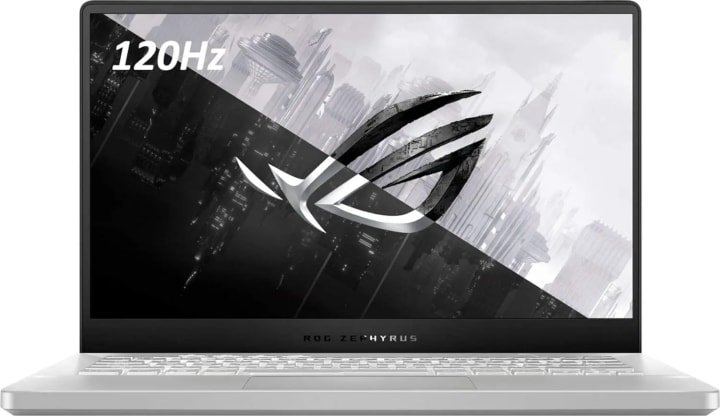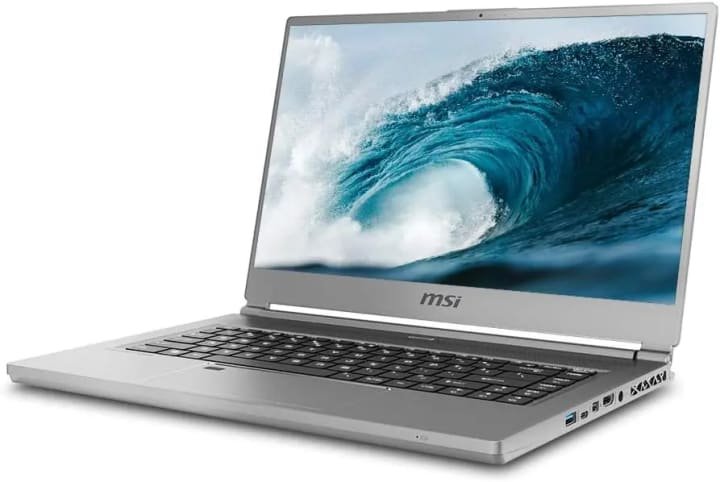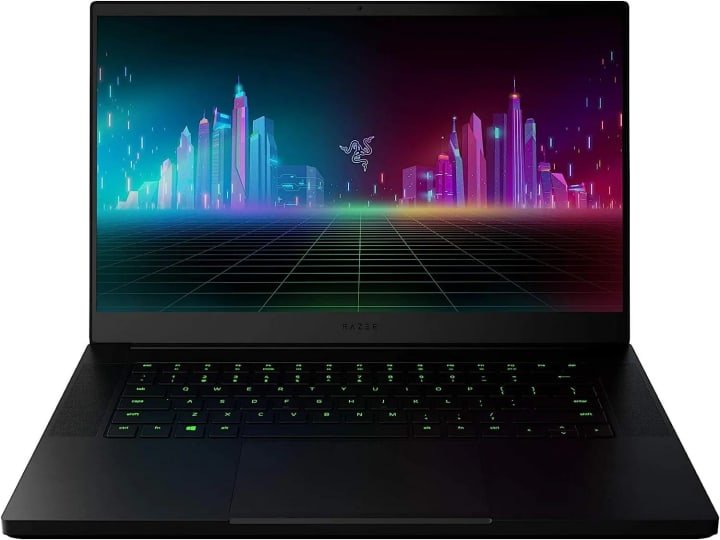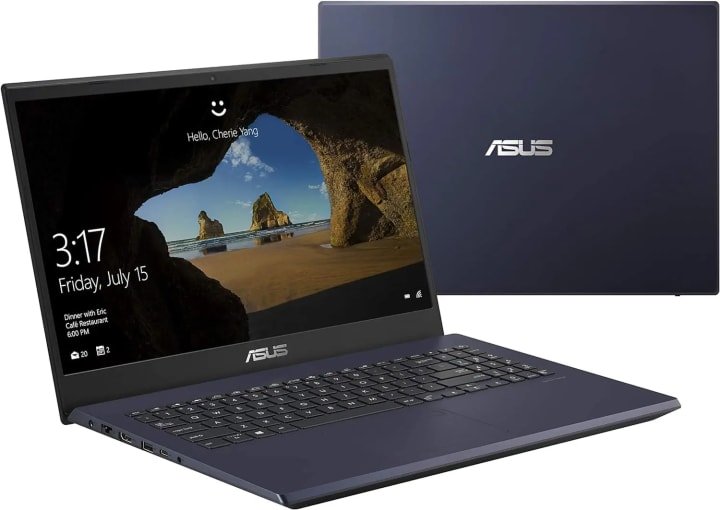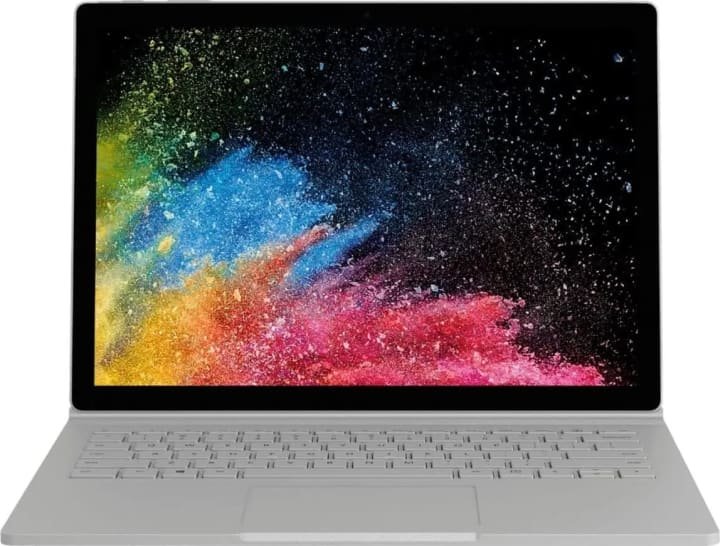When the restaurant’s phone number is entered into an artificial intelligence (AI) agent with the command, “Call restaurant A and check if it is possible to make a reservation for 4 people at 1 p.m. on Monday, and there is a vegetarian option on the menu,” the agent calls the restaurant directly in a virtual voice and completes the reservation according to the request. After giving the AI agent a cable TV customer center phone number and requesting cancellation, he calls the customer center and performs ARS guidance and waiting for the counselor’s call, and then calls with the counselor.
Leaving a phone call to an AI agent that’s annoying and sometimes scary? It’s not a fanciful future, it’s something that’s happening now. AI call agent technology, such as a service in which AI calls instead to reserve restaurants and cancel subscriptions, is penetrating into daily life one after another.
U.S. AI search startup Jens Park officially launched its “AI Call Secretary” service in Korea in June. Jens Park’s AI call assistant service is characterized by AI calling instead when a user links his or her number starting with “+82 (Korea’s international phone country code)” with the Jens Park platform and enters the name, phone number, and purpose of the call. It is also possible to make calls from Korea to overseas. If you are preparing to travel to Japan, you can use your AI phone to call the Japanese restaurant you want and ask, “I’m going to visit next Tuesday evening, can I make a reservation for 2 people?”
AI phone agents have emerged that can be easily used by general users in daily life, going beyond corporate services such as “AI counselors” applied to call centers and Naver’s “Clova Care Call” to ask how they are doing.
FineAI, a U.S. start-up that started its service this year, said, “It is an AI agent that helps customer services such as billing and cancellation,” and came up with a service that performs tasks that customers have to call and solve. From canceling a subscription to a carrier pricing plan or cable TV, to calling an airline to demand compensation for flight delays, FineAI uses agents to replace them.
The fact that the U.S. still has to call and apply for the cancellation of its subscription is considered to be the background of the emergence of such a call agent. Diddy Das, a partner at Silicon Valley Venture Capital (VC) Menlo Ventures, mentioned FineAI and said, “Fine automates long calls that you couldn’t make due to lack of time. “It’s the first AI agent product that has allowed me to save so much time,” he said.
In order to implement such a voice-based call agent, latency must be minimized to enable natural conversation. Previously, in order for AI to listen to and answer people, it was necessary to first convert the voice inputted with STT (Speech-to-Text) technology into text, then understand the text with a language model to generate an appropriate answer, and output the answer as voice through text-to-speech (TTS) technology. However, as the performance of the ‘multi-modal’ model that can process voice continues to be advanced, it is now possible for AI to understand voice immediately and to generate and answer the result directly with voice. For GPT-4o, the minimum response time is 232 milliseconds (0.232 seconds), which can respond at a similar rate to humans. AI’s voice tone is also becoming more natural like humans beyond mechanical sounds.
Last month, Google also introduced an AI business phone function in which AI calls companies on behalf of users and collects information such as reservation status and price. There is no AI call agent available to individuals in Korea yet. The AI call app “Excio,” operated by LG U+, is considering developing a function to make calls instead of users. Exio provides a “receive instead of a phone” function in which AI picks up the phone instead and takes notes on the contents when it is difficult for users to answer the phone.
[Reporter Jeong Hojun]

















